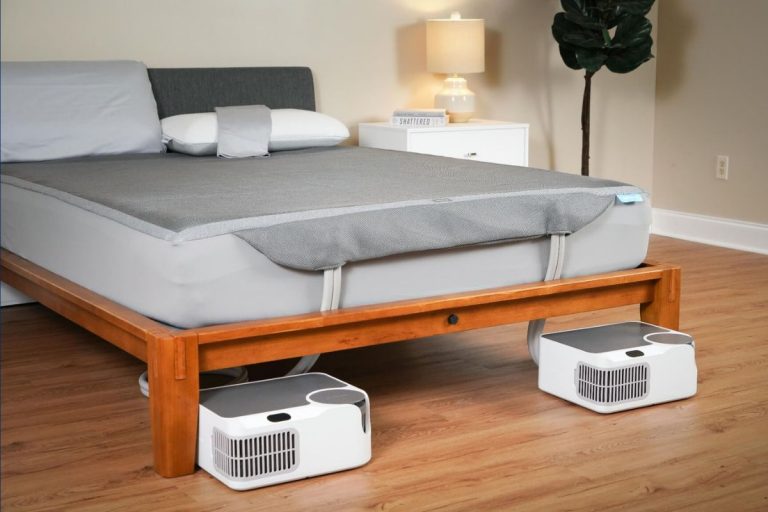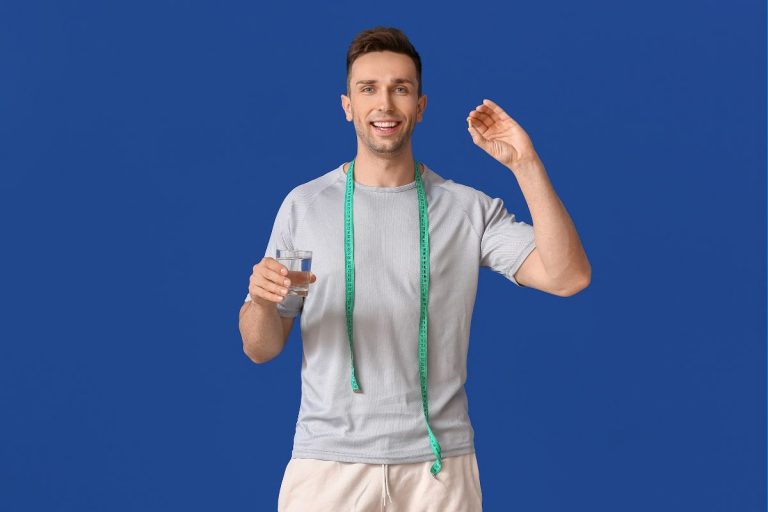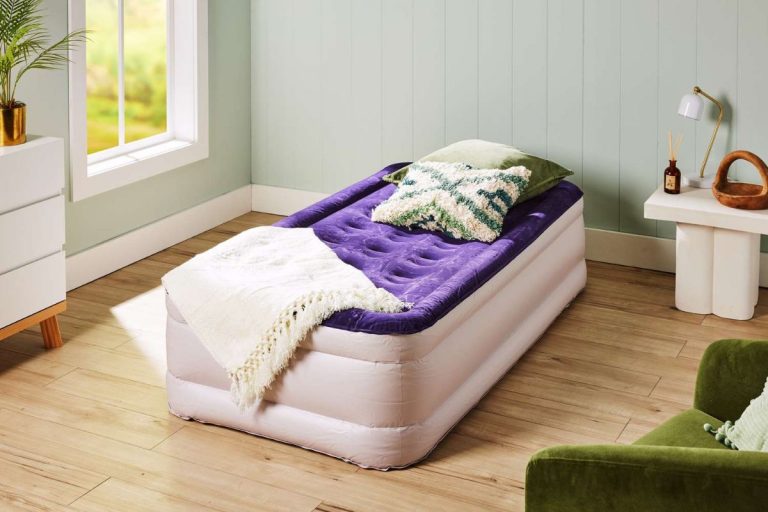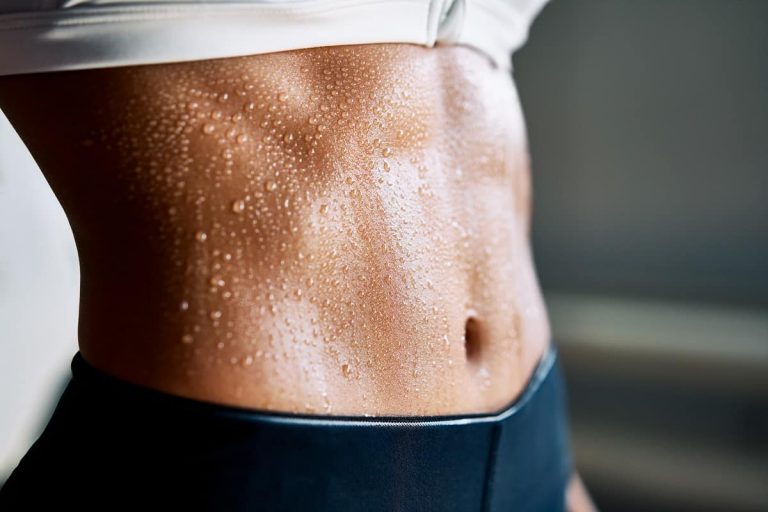Having a drink before going to sleep is nothing new, we’ve all done it at one point.
The problem is that we think that a glass of wine before bedtime will help us get better sleep. At least 20% of adults in the US consider alcohol to be a sleeping aid.
The truth is, we all might want to reconsider our nightly drinking hobby, especially in the days of quarantine.
Even though beer, wine or other alcohol will make the time at home more fun, and could help you fall asleep faster, scientists and doctors wouldn’t agree.
Drinking alcohol, especially before bedtime might disrupt your sleep utterly and completely. Let’s see how!
Alcohol Disrupts the Circadian Rhythm
Circadian rhythm is responsible for the way your body regulates your sleep pattern. Moreover, because of the sleep-wake cycle, your body knows when it should be awake and when it is time to go to bed.
This amazing biological clock, after all, coordinates our whole body, functions, needs, and mood depending on the time when we’re supposed to be awake or asleep.
The function of the circadian rhythm also affects our immune system, metabolism, mental and physical health. That is why the disruption of the circadian rhythm leads to diseases, mental and physical tiredness, depression, insomnia, etc.
Now, when you drink before bedtime, your circadian rhythm is immediately being disrupted. Here’s how alcohol affects your sleep-wake cycle;
Circadian rhythm regulates the liver – alcohol impairs liver function
The liver is one of the most important organs in our body. It is responsible for all the toxins we take in, as it prevents the toxins from entering the bloodstream and helps them leave the body.
However, when you drink alcohol, you impair the function of your liver completely. Alcohol compromises the function of the liver and helps the toxins stay in the body. It increases liver toxicity, and regular alcohol consumption can even lead to serious and dangerous diseases.
Because the liver doesn’t function, the circadian rhythm is disrupted and your sleep-wake cycle fails to recognize when and how much of sleep you should get.
Circadian rhythm and the stomach are connected – alcohol weakens the gut
Ever felt like your stomach and brain are in sync and connected? Well, it’s because they are. Your brain and stomach are directly connected, and the state of your brain or stomach affect each other.
Considering this, we can conclude that the circadian rhythm and gut are also connected, as the state of your gut can affect the state of the circadian rhythm activity.
Therefore, alcohol consumption weakens the gut through toxins, bacteria, and food entering the gastrointestinal tract and the bloodstream. This negatively affects the circadian rhythm and disrupts it completely.
So, instead of having a good night’s sleep, because of alcohol consumption, you’re going to have gut issues, problems with digestion, and ultimately, inability to stay asleep.
Circadian rhythm depends on the sleep-wake cycle – alcohols disrupts sleepiness
In order for the circadian rhythm to do its job, your sleep-wake cycle also needs to be regulated. Your internal sleep drive depends on a chemical, known as adenosine. This chemical regulates sleepiness; if you’re awake more than it is natural for your body, adenosine tends to rise naturally and blocks everything that is promoting your wakefulness.
However, because alcohol can make you stay awake longer, adenosine can become active during the times when it usually wouldn’t be; in turn, it completely disrupts your sleep-wake cycle, as well as the circadian rhythm.
Alcohol Disrupts Sleep Latency
The time you spend falling asleep, staying asleep and the time you spend in REM sleep are all incredibly important for the overall sleep quality. However, the duration of your sleep or REM sleep, in particular, isn’t that important when you’re unable to fall asleep in the first place.
Sleep latency (the time it takes for you to fall asleep) is shown to be heavily affected by alcohol consumption, where it does not only disrupt sleep onset but also sleep in general. Over time, alcohol consumption can disrupt sleep onset so much that people start experiencing sleep disorders, like insomnia.
Studies have shown that regular alcohol consumption before bedtime results in difficulty falling asleep. The results include prolonged sleep latency, decreased total sleep time even if the person manages to fall asleep, decreased REM sleep and increased REM sleep latency.
Such nocturnal sleep changes do not only appear in cases of alcohol abuse but also in cases of occasional drinking. That is where lies the problem; alcohol disrupts sleep latency even in people who do not consume it frequently.
But, if they do consume alcohol before bedtime, chances of them falling and staying asleep become that much slimmer.
More: Stages of Sleep: REM vs. Deep Sleep vs. Light Sleep
Alcohol Causes Sleep Walking and Sleep Eating
Recent studies of alcohol-induced criminal cases have shown an increasing number of cases include alcohol-caused sleepwalking. The research has presented evidence that the consumption of high quantities of alcohol before bedtime has made people sleepwalk and commit criminal acts without being aware.
However, for the sleepwalking to be accepted as a defense, there need to be legal or clinical records. Either way, alcohol-induced sleepwalking has occurred in people who have never sleepwalked before.
However, it is yet to be proven what the connection between sleepwalking and alcohol consumption really is. It is believed that the starting cause might be a mental disorder, as well as heavy alcohol consumption before bedtime.
Medical professionals usually advise that in such cases it is essential to discover the underlying disorders, which can be mental disorders or frequent substance abuse. Either way, cases of people sleepwalking, or even sleep-eating after consuming alcohol have been reported, and are yet to be studied more thoroughly.
Alcohol Causes Breathing and Snoring Disorders
Alcohol consumption before bedtime has shown to cause breathing problems or worsen breathing problems in those who suffer obstructive breathing disorders. For example, there is a direct association between alcohol consumption and sleep apnea.
Frequent alcohol consumption before bedtime can result in obstructive sleep apnea episodes, causing you to keep waking up throughout the night. However, waking up from sleep apnea is not pleasant at all.
If you keep waking up from sleep apnea, that means that you’ve stopped breathing, and you’re gasping for air. That is why alcohol consumption is not recommended for people who suffer sleep apnea or other breathing disorders.
More: How Does Sleep Apnea Impact the Brain?
So, here’s how alcohol actually affects your nighttime breathing. First of all, it decreases your drive to breathe completely. Alcohol has a tendency of slowing down your breathing, as well as making it more shallow. Moreover, alcohol relaxes all the muscles in your body, even those that should not be completely relaxed, like the throat muscles.
Relaxed throat muscles make it more collapsible, just like the tongue. This results in snoring as well as breathing obstruction. In worst-case scenarios, people with alcohol-induced breathing problems are often advised to use CPAP machines in order to get some uninterrupted sleep.
More: Can You Snore With Your Mouse Closed?
Alcohol Before Bedtime Causes Insomnia
It has generally been proven that sleep disorders are more common among alcohol consumers than in people who do not drink alcohol. However, regular alcohol consumption before bedtime can even cause insomnia in people who haven’t usually had any significant sleeping problems.
The rate in which alcohol consumers experience insomnia varies between 36% and 72%, depending on the state of their health, genetics, and frequency in which they consume alcohol before bedtime. Even when people stop drinking alcohol, they still experience the same problems due to acute alcohol withdrawal.
People who experience insomnia as caused by alcohol consumption experience the following symptoms as well; impaired sleep, late or non-existent sleep onset, extreme fatigue, tiredness and restlessness, anxiety, depression, development of sleep apnea, chronic physical pain, etc.
All of these symptoms, as well as alcohol-induced insomnia in general, affect millions of people in the USA alone, as the country has to provide billions of dollars for the treatment and preventions.
Alcohol Before Bedtime Causes Bladder Issues
Alcohol is a diuretic and is known to contribute to frequent nighttime visits to the restroom. If you consume alcohol before bedtime, you are at risk of incontinence, bladder leaks as well as possible bedwetting problems.
Because it promotes urine production, alcohol causes you to keep waking up from your sleep to go to the restroom, causing not only disrupted sleep but also an inability to fall asleep again.
So, here’s how alcohol disrupts sleep by irritating the bladder.
First of all, alcohol causes overreactive bladder symptoms, like frequent urination (more than once at night), sudden and strong need to urinate and incredible awareness and urgency to urinate throughout the night.
Obviously, your body cannot focus on sleep with all these urinating urgency symptoms.
3 Ways to Prevent Alcohol-Induced Sleep Problems
It would be best for you to stop drinking alcohol at all in order to prevent sleeping problems in the future.
However, if that is not an option, here are some ways you can keep drinking alcohol without disrupting your sleep, as well as health;
Lower your alcohol intake
It is recommended that you drink up to three times a week to avoid more significant effects on your sleep and health.
Moreover, during those two or three times, make sure to drink less than you would normally do. Indulging in a glass of wine is no crime, but a whole bottle might create problems for you.
Also, try reducing your drinking to special occasions, or after-work drinks on Fridays. This way you will not only reduce your drinking, but also help your body stay healthy and finally get some good night’s sleep.
Bear in mind that studies have shown even one drink impairing your sleep up to 39%.
Don’t drink before bedtime
Drinking in the evening has proven to be the least harmful time to drink alcohol. By drinking in the evening, you’re giving some time to your body to process the alcohol as well as to get rid of it and all the accompanying toxins, before bedtime.
This way you can increase your chances of falling and staying asleep, as well as avoid frequent waking up throughout the night. If evening drinks are not possible for you, then try getting up to two drinks at least 90 minutes before bedtime.
Moreover, make sure to drink enough water during, and get a good meal before you start drinking.
Make sure to eat while drinking
Even though this might not be ideal weight-wise, drinking and eating have shown to reduce the negative effects of alcohol significantly. Even then, you should not be doing this before bedtime.
If you plan to eat while drinking, make sure to do it at least 90 minutes before bedtime. This way you will not only avoid sleeping problems but also problems like acid reflux or GERD.
More: 14 Best Foods To Eat Before Bed For Better Sleep
Final Words
It can be tempting to start drinking more frequently in these testing and stressful times.
However, in order to stay healthy, you need to be getting a good night’s sleep regularly. In order to not impair your sleep quality, make sure to lower your bedtime alcohol consumption, or stop drinking alcohol at all.
Alcohol is not only known to mess with your sleep but also your metabolism and immune system. Not to mention the awful hangovers. Reconsider your choices and try doing what is best for your health.





